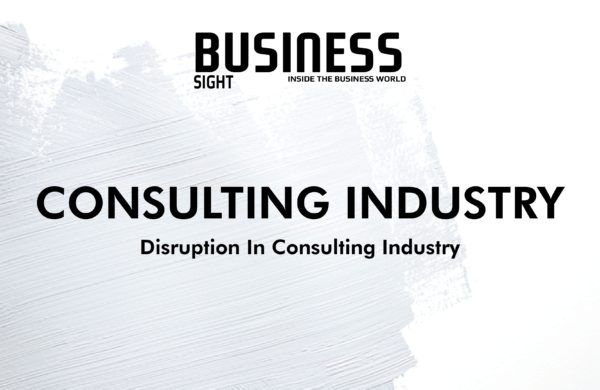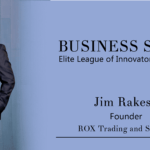Structural changes are part of any industry, inventing and re-inventing is a constant process towards a better future. The consulting industry has always made money selling advisory services to client organizations impacted by fundamental economic changes, however, now there is a disruption of the industry. It is still in its early phase but nonetheless, the disruption is there to reshape the world of consulting. increasingly sophisticated competitors with non-traditional business models that are gaining acceptance are itself a sign of disruption. The fundamental business model of the management consulting industry revolved around sending smart people into client organizations, in order to solve their most prevalent challenges and problems, making the management consulting a primarily human-driven industry. These smart consultants’ job involved to give the definition of a new strategy, cost-cutting programs or the implementation of new technologies, the consulting industry always had the right recipe at hand for their clients. It is difficult for clients to judge a consultancy’s performance in advance because they are usually hiring the firm for specialized knowledge and capability that they themselves lack which the industry unpredictable.
The increasing pace of technological changes is getting more and more consultants’ recommendations are out of the question. The consulting world is slow in adapting the changes and that is why technological advancement is threatening and posing a major challenge. The tectonic disruption is hitting management consulting just as it has hit many other industries before. However, the industry is incorporating the changes.
The basic functioning of a consulting firm:
- The data and analyses of the same are provided to the clients about the market, industry, world, etc., in short, it is simply trading of information that the consultant already possesses.
- The firm studies and understands the data and information and gain expertise in the respective field and begin addressing the problem and finding solutions in different ways. The organization employs the consultant to solve the problems or challenges so that it can focus on core things.
- On-field, the firm performs with its expert knowledge and use rigorous, analytical application of expertise to come up with insights that would help the company succeed.
- After the insights are found viable, the consulting firms lay roadmap and strategies to counter the problem assigned to it and began implementing and driving the changes.
Since the data collection has increased, and with tools like Looker, Tableau, Microsoft Power BI, Qlik, SAS, and Domo which allows companies to instantly generate reports. This is posing a unique threat to the consulting business model. Various analytics tools on the market are useful for questions that are smaller in scope, as well as for incorporating data better into the day-to-day decision-making culture eliminating the need for consulting firms. As technology progresses it remains to be seen how the firms will reshape themselves and incorporate the technologies to advance in the world.














